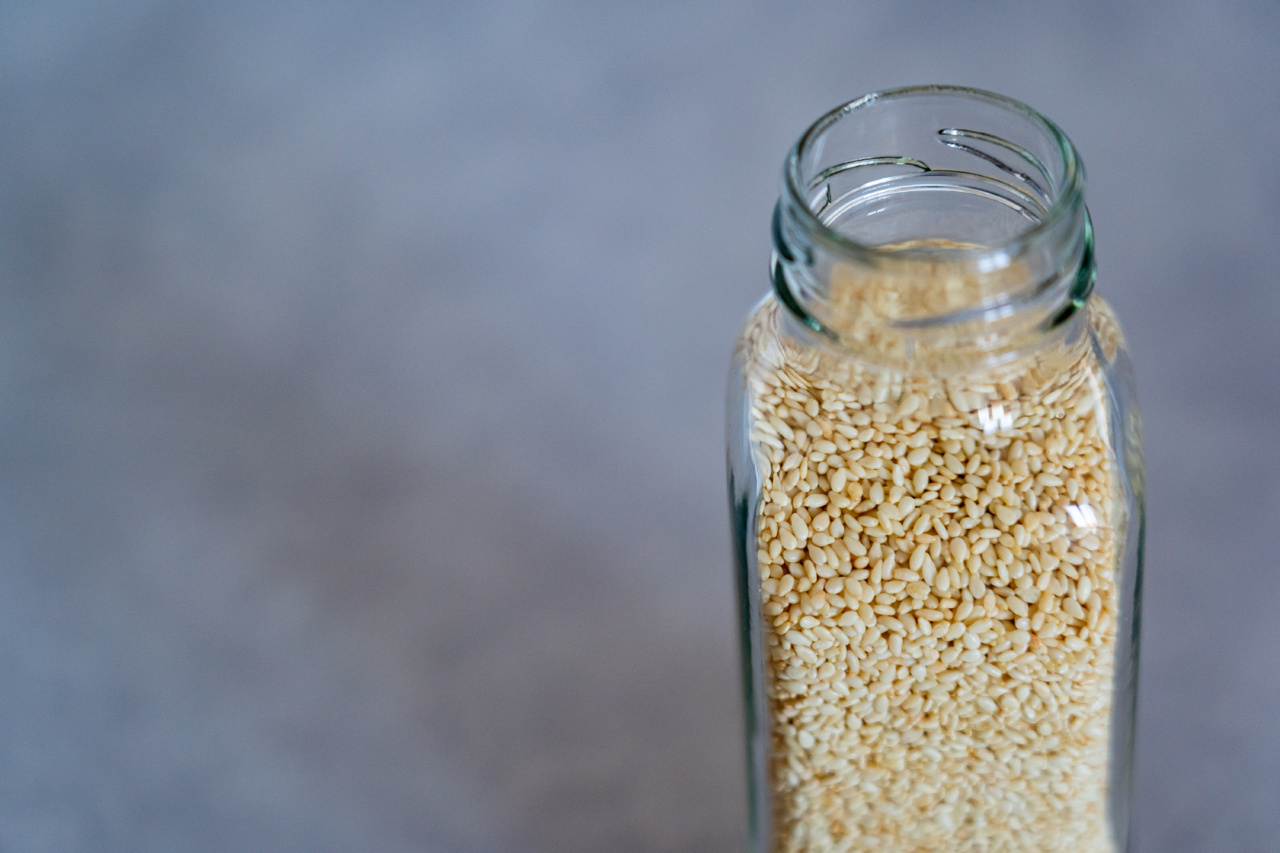One of the most common nutrition myths is that carbohydrates are bad for you. However, experts disprove this myth. Carbohydrates are an essential macronutrient that provides energy to the body. They are the primary fuel source for the brain and muscles.
It is important to differentiate between “good” and “bad” carbohydrates. Good carbohydrates, such as whole grains, fruits, and vegetables, are rich in fiber and other nutrients.
They are digested slowly, providing a steady release of energy and promoting satiety. On the other hand, bad carbohydrates, such as refined sugar and white flour, are quickly digested, leading to spikes in blood sugar levels and potential weight gain.
Myth #2: Fat-Free Foods are Healthier
Many people fall into the trap of thinking that fat-free foods are healthier. However, this is not always the case. While it is true that excessive consumption of unhealthy fats can lead to weight gain and health issues, not all fats are bad for you.
Healthy fats, such as those found in avocados, nuts, seeds, and fatty fish, are essential for a balanced diet. They provide important nutrients, aid in the absorption of fat-soluble vitamins, and help to keep you satiated.
Instead of completely avoiding fats, focus on incorporating healthy fats into your meals in moderation.
Myth #3: All Calories are Equal
Another nutritional myth is that all calories are equal, regardless of their source. However, this oversimplification does not hold up under scientific scrutiny.
While weight loss may occur when you consume fewer calories than you burn, the quality of those calories matters.
100 calories of a sugary soda will affect your body differently than 100 calories from a nutrient-rich salad. Highly processed foods, such as chips and cookies, offer little nutritional value despite their caloric content.
In contrast, whole foods that are rich in vitamins, minerals, and fiber support overall health and well-being.
Myth #4: Eating Late at Night Causes Weight Gain
Many people believe that eating late at night leads to weight gain. However, experts disprove this myth as well. Weight gain occurs when you consume more calories than you burn, regardless of the time you eat them.
While it is true that late-night snacking can be a result of mindless eating or poor food choices, the timing itself does not directly cause weight gain.
It is more important to focus on overall calorie intake and food choices throughout the day rather than the specific time you eat your meals.
Myth #5: You Need to Detoxify Your Body
The idea of detoxifying the body through specific diets or products is a prevalent nutritional myth. The truth is that our bodies have their own natural detoxification systems, including the liver and kidneys.
While a healthy diet can support these natural detoxification processes, there is no need for extreme measures or restrictive cleanses.
Instead of relying on detox diets or products, focus on consuming a balanced diet rich in whole foods, staying hydrated, exercising regularly, and getting enough sleep to support your body’s natural detoxification functions.
Conclusion
It is essential to be critical of nutrition information and question common myths. Carbohydrates, fats, and calories are all examples of areas where misconceptions commonly arise.
By understanding the truth behind these myths, you can make informed choices about your diet and optimize your health.
























